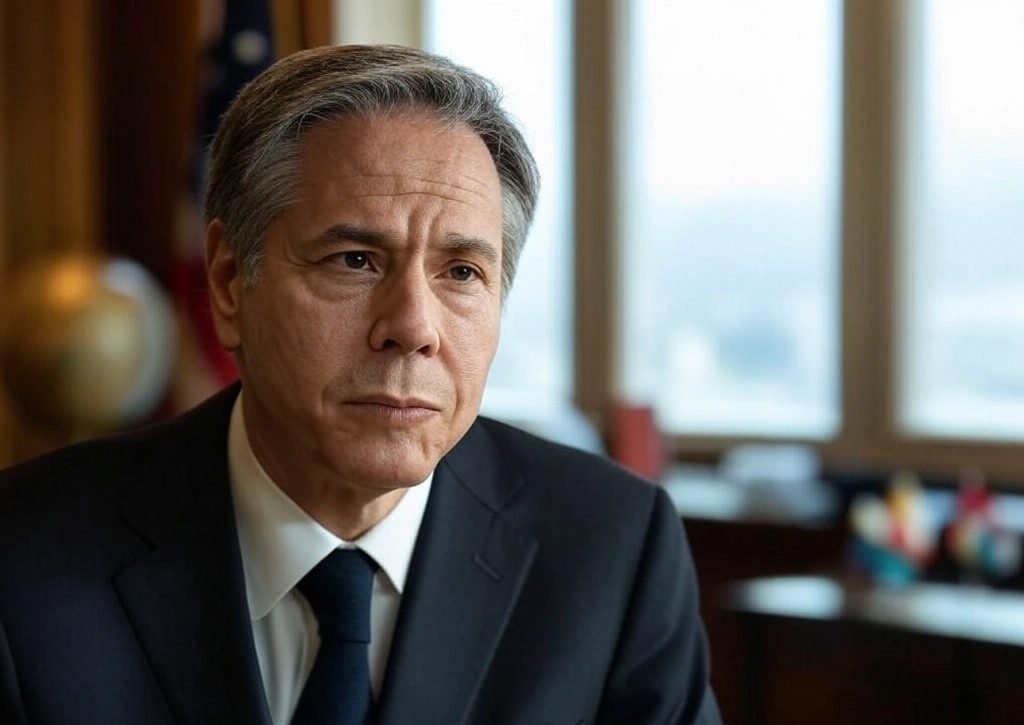Reflecting on the COVID-19 Pandemic: Lessons Learned and the Path to Health Equity
As the world grappled with the unprecedented challenges posed by the COVID-19 pandemic, the healthcare community found itself at the forefront, facing myriad emotional and practical obstacles. My experience as a certified palliative care administrator with Hospice of Chattanooga has provided me with a unique perspective on the complexities of end-of-life care, especially during crises. The pandemic, which began with a public health directive on March 13, 2020, marked the beginning of an era of profound loss and grief that many families were unprepared to navigate. Little did we know at that time, as sports leagues were shutting down and life was grinding to a halt, that we were on the verge of a public health catastrophe that would last for years and claim over a million American lives.
The Unfolding Crisis: A Timeline of Events
In the early days of the pandemic, the general sentiment was one of optimism. Many believed that the situation would resolve itself within a few weeks. However, as days turned into months, it became painfully clear that COVID-19 was not just a fleeting crisis but a monumental public health emergency that would last for 1,189 days. The federal government’s final directive regarding the pandemic was issued on May 13, 2023, but the ramifications of this crisis continue to reverberate throughout our society.
Understanding the Ongoing Impact of COVID-19
Even as vaccinations began to roll out and the immediate threat seemed to wane, COVID-19’s presence persisted. Vulnerable populations, including individuals with pre-existing conditions and weakened immune systems, remain at high risk. Tragically, COVID-19 continues to claim lives, with over 1,000 fatalities occurring weekly. This ongoing threat underscores the importance of understanding the pandemic not merely as a past event but as a continuing reality that demands our attention.
Transitioning to a New Era of Health Care
As I transitioned to my role at the Journey Health Foundation, a nonprofit organization focused on enhancing public health in the Chattanooga region, I recognized the urgent need to address the long-term effects of the pandemic. Our mission is to positively influence the health of our community, particularly among those who are most vulnerable. The lessons learned during the pandemic must inform our approach moving forward, especially in promoting health equity and access to essential resources.
The Disproportionate Effects on Vulnerable Communities
The pandemic has highlighted and exacerbated existing disparities in public health outcomes. Communities that were already facing significant obstacles in accessing healthcare found themselves disproportionately affected by the virus. The need for equal access to preventive healthcare measures, including vaccines, is paramount. However, our commitment must extend beyond immunizations; it must encompass access to nutritious food, safe environments, and comprehensive healthcare services.
The Mental Health Crisis: A Silent Aftershock
Among the most alarming aftershocks of the pandemic is the mental health crisis that has emerged, particularly among seniors and teenagers. The isolation brought on by lockdown measures has intensified feelings of loneliness and disconnection, leading to what U.S. Surgeon General Vivek Murthy describes as a crisis of “loneliness, isolation, and lack of connection.” This mental health epidemic requires immediate and sustained attention from healthcare professionals, policymakers, and community leaders alike.
Addressing the Mental Health Crisis
To effectively combat the mental health repercussions of the pandemic, we must implement comprehensive strategies that foster connection and support. Initiatives could include community engagement activities, mental health awareness campaigns, and increased access to counseling services. Schools and community organizations play a critical role in providing safe spaces for individuals to express their feelings and connect with others. By prioritizing mental health, we can mitigate some of the adverse effects that have arisen during this challenging period.
Learning from the Past: A Blueprint for Future Preparedness
Although the pandemic revealed many cracks in our healthcare system, it also provided a unique opportunity to develop a blueprint for future preparedness. The sacrifices made by medical professionals and the lives lost during this crisis demand that we take an honest assessment of our shortcomings. Building a more resilient healthcare system requires innovative thinking, collaboration, and a commitment to health equity.
The Role of Journey Health Foundation
At Journey Health Foundation, we are dedicated to investing in areas that promote health equity and improve the overall well-being of Hamilton County residents. Our focus is on creating a healthier community where everyone has the resources they need to thrive. By addressing the systemic issues that have been laid bare by the pandemic, we can work towards a future that minimizes suffering and loss.
A Call to Action
The lessons learned during the COVID-19 pandemic cannot be forgotten. As we move forward, it is essential that we maintain our commitment to health equity and prioritize the needs of our most vulnerable populations. We must advocate for policies that support accessible healthcare, mental health resources, and community engagement. Together, we can build a healthcare system that is not only resilient but also equitable and just.
Conclusion
The COVID-19 pandemic has had a profound impact on our society, exposing vulnerabilities in our healthcare systems and highlighting the urgent need for change. As we reflect on the challenges we faced and the lessons we learned, it is clear that we must take proactive steps to ensure the health and well-being of all individuals, especially those in underserved communities. By prioritizing mental health, addressing disparities in healthcare access, and fostering a spirit of collaboration, we can create a healthier future for everyone. Let us honor those we lost during the pandemic by committing to a healthcare system that truly serves every member of our society.




